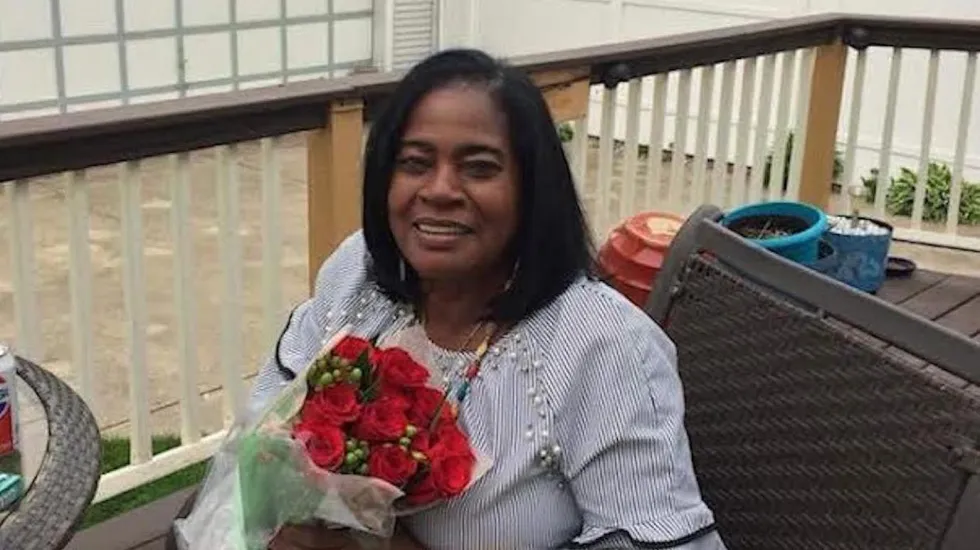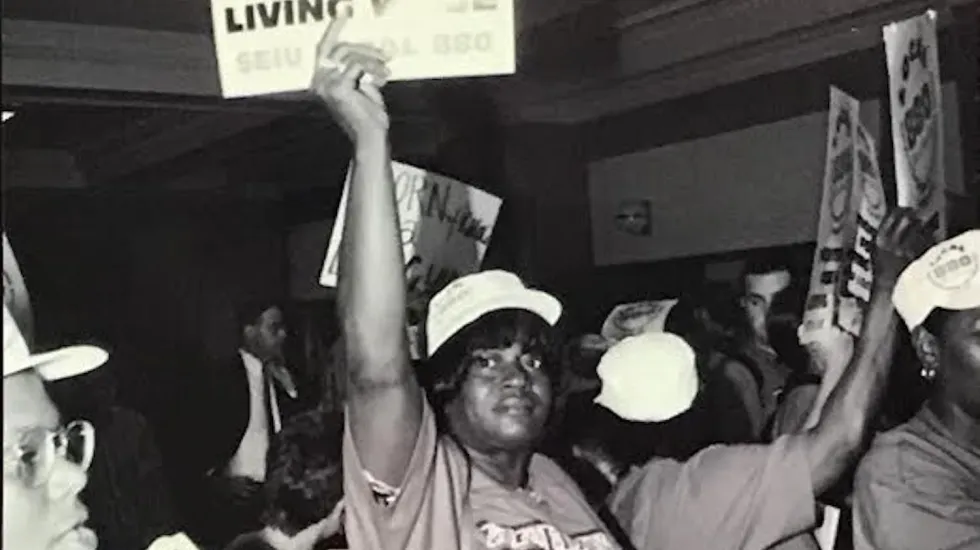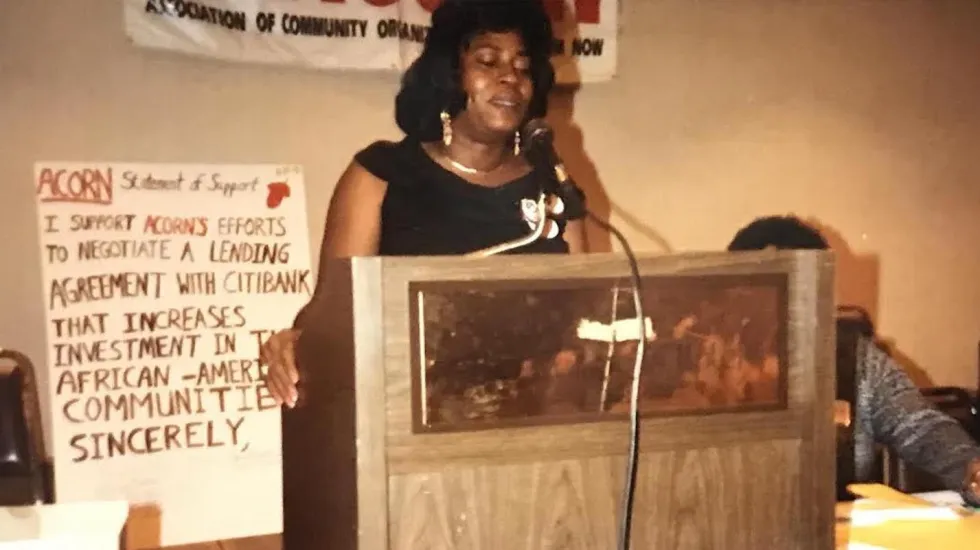
Lillie Petty was making minimum wage — $3.35 an hour — at a job feeding, bathing and dressing people unable to care for themselves when a union organizer knocked on her door in 1984.
She signed up as a founding member of Local 880 of the Service Employees International Union and became an organizer for the union, where her work helped boost hourly pay for home care workers to $16, according to Local 880.
She also helped it grow from seven members to 91,000, making it the largest union local in the Midwest and seventh-largest SEIU local in the country, according to Keith Kelleher, former president of SEIU Healthcare Illinois.
“Lillie was one of the first leaders of the union,” Kelleher said. “A lot of people thought home care workers were not even workers. People considered them babysitters, perhaps because it was ‘women’s work’ or ‘Black women’s work.’ Lillie’s organizing has really changed the face of labor in Chicago and nationally. Now, they’re called essential workers.”
Services for Mrs. Petty were held last month at Chicago’s New Life and Victory Church of God in Christ. The Lawndale resident, who had been in declining health, died at 76, according to her daughter Chrisha Mitchell.

Before the union organizing effort, home care workers — also known as personal care attendants or personal assistants — worked as independent contractors through the state of Illinois and private agencies. Some were paid as little as a dollar an hour, Kelleher said, and they weren’t eligible for state employee benefits like health insurance, pensions and vacation pay, nor were they covered by Social Security or Medicare.
Mrs. Petty also worked to eliminate unfair lending and insurance redlining as a board member and volunteer with ACORN (Association of Community Organizations for Reform Now).
U.S. Sen. Dick Durbin, D-Illinois, called her “a highly respected and involved member of the Chicago ACORN and SEIU community. Lillie’s work to expand access to housing for all communities in Chicago impacted the lives of countless families in Illinois.”
Mrs. Petty said ACORN helped her and her husband Ralph Petty buy their home despite credit issues. Keeping to a strict budget and eating “a whole lot of beans” for dinner, they qualified for a mortgage with Avondale Federal Savings Bank through a program negotiated by ACORN, she said in a 1993 interview with the Chicago Sun-Times.
“One day, my husband said, ‘Do they make anything in that store beside brown beans?’ So the next day, I gave him white beans,” Mrs. Petty said. “I wasn’t going to let anything stand in my way.”

At the time, Avondale Federal Savings had been criticized for coming up short on lending money to neighborhood customers, which was encouraged by the 1977 federal Community Reinvestment Act.
Mrs. Petty’s mortgage “was life-changing,” said Madeline Talbott, a retired organizer with ACORN. “She then spread the word. Lots of people in her neighborhood were then able to purchase homes.
“If there was something that seemed wrong for her in her life, then she suspected it was wrong for a lot of people — and why not make a change for everyone involved?”
In 1993, Mrs. Petty lobbied to stop insurance redlining, testifying before a congressional subcommittee. After getting mortgage insurance through Allstate, Mrs. Petty said she found herself in a “bait-and-switch situation.” A month after getting the policy, she said she was told her rate was a mistake and that the price “dramatically increased.”
She contacted ACORN, which conducted a survey it said found other homeowners faced similar increases. She testified that insurance companies needed to open their books on underwriting.
“We need the disclosure by census tract, race and sex,” she said.
She grew up in Batesville, Mississippi, the youngest of 11 children of Lee and Sally Todd-Mitchell. She moved to Chicago with her older sisters when she was in her teens.
“My mother was such a warm and loving and caring person,” Mitchell said.
Mrs. Petty opened her home when relatives needed a place to stay.
And, for holidays, she loved cooking for a crowd, her daughter said. Her family looked forward to her Thanksgiving dressing, sweet potato pie, potato salad, pound cake and caramel cake.
She enjoyed the music of Stevie Wonder and Ed Sheeran and movies and TV shows starring Terrence Howard. She also liked the occasional game of poker and trips to a casino, where she played the slots.
Mrs. Petty also is survived by daughters Bridget Mitchell and Angelica Walker, sons Reginald and Darnell Mitchell, seven grandchildren and four great-grandchildren.







